I have sat here for what feels like hours attempting to know how to start this piece, and this in itself sums up what I like to call ‘activism anxiety’.
Girls Against began when I was aged sixteen; my friends and I decided to set up a campaign against sexual assault and harassment at live music events after one of us was assaulted at a gig. The rest of us had in the past, also experienced similar instances at disgustingly young ages. This shared anger and pain fuelled what has since become a worldwide campaign, with representatives across the world continuing to fight for safe spaces within music, and against misogyny in the music scene as a whole. Now, don’t read this as some kind of self-congratulatory pat on the back. I know how incredible our achievements have been, especially at such a young age; although being reminded of how YOUNG and FEMALE you are when on national news isn’t exactly fun, but alas. Yet, my activism over the years has been somewhat restrained and darkened by pressure I put on myself to consistently do better. Nothing seems to be enough. Indeed, nothing IS enough; people are still being assaulted at gigs, and misogyny is still so deeply engrained within structures of the world (duh). This overwhelming sense of responsibility is all consuming. You feel so minute amongst the enormous problems of the world that you now have the capacity to minimise, even slightly. But, life exists. Your life exists. Your life is not solely created for this purpose. And it is this that is hard to swallow: that you are not just your activism.
Twitter is an incredible platform for change. It is where Girls Against was born; on an empty profile, soon to be filled with messages of support and congratulation, as well as horrific retellings of experiences by survivors which only motivated our work further. Of course, no campaign is met without criticism, and quite rightly so. And thus sixteen year old Anna would sit for hours, scrolling through each and every Tweet about the campaign, and what we were doing right and what we were doing wrong. Many of the messages of hate were from people who were claiming that we were not ‘doing enough’, and ‘they could do better’, and that we were ‘being lazy assuming the problem would just go away with a few Tweets’. It was this which began to spark frustration within myself; why WASN’T I doing enough? Why was I not marching the streets, day by day, crying out for change? Why was I not chaining myself to parliament railings, forcing the politicians to take us young women seriously? That last one may be slightly dramatic, but the sentiment remains: why wasn’t I dedicating my entire being to helping those who evidently needed it?
Well, I was in school. I was sitting my Highers. I had insecurities, I had family. I had a social life. No one, not even if it was one’s full-time job, could dedicate each and every second of their existence to something like this. However, I could not quite drill this concept into my head. I would attend house parties and sit on my phone, refreshing Twitter, waiting for SOME kind of feedback. I would leave early, as I had a conference call with leaders of other similar campaigns the next morning, and as I was obviously going to be the youngest on the call I had to be fresh. Perhaps most annoyingly of all, I would lose sleep. The constant stream of messages and comments would leave me shaking, tight-chested and unable to breathe. I would cry myself to sleep at my own inadequacy, realising I was not, and never would be, enough to solve this enormous problem. Despite any achievements we may have met that day – look Anna! We were just verified on Twitter! We just gained 10,000 followers! – this would not be enough to coax me out of my miserable state.
I won’t pretend that much of the criticism was not constructive nor valid; the campaign has not been entirely smooth sailing, and when problems arose we would have to meet and discuss and produce an effective solution. This was important for us to formulate the right way to be activists; we were young, and at many times ignorant, and had many behaviours and ideas to unlearn. We still do. So, often we needed that bit of critique to ensure our campaign was intersectional, inclusive and suitable for any survivor who needed help following assault. I am of course grateful for much of this, as it has made me the feminist I am today: constantly needing to remember not to speak over anyone and to be fully aware of the privileges I indeed hold. But, it is often enough to become more aware of an issue, speak up about it and move onwards and upwards; anxiety-ridden me did not see it this way. The only way to prove myself was to torture myself, staying up all night reading and re-reading the criticisms of us and pretending they were aimed at me and who I was as a person. I wasn’t enough. I didn’t deserve to be called an activist. My intentions may be good, but I am not.
This is something I am still learning to work through. As I expand and continue my activism, through campaigns with my university’s Student’s Association and as I move to Canada for my third year and find suitable feminist campaigns I can work on there, I have indeed matured and grown up in dealing with this particular form of anxiety. I do not use Twitter solely for activism now; sometimes you just need a break and to look at memes. I know that if I do slip up, I can educate myself without relying on anyone having to do it for me and I can move on. However, I still have far to go. I often cannot speak in front of large crowds in case I think they are all judging and disliking me, despite the fact in reality it will be a crowd of supportive and intelligent people who are campaigning for the same issues as me. I often become overwhelmed with which naturally magnifies the problem. This may come as a surprise to many, as I am indeed a confident and loud (often too loud) person. Often, this unapologetic-ness is a cover-up for the constant, unnecessary apologies I actually want to make.
These are symptoms of my anxiety on a wider level. I have been struggling with anxiety for years and it impacts upon my life in many ways other than solely the activist side. The intersectional nature of anxiety means it can impact upon one part of my life which joins onto another – for example reducing my self-confidence, then falling unto my opinions (are they valid? Does anyone even care what I have to say?), and thus it affects my activism.
But I am trying. I know now that I cannot do it all – I’m not some kind of superhuman without any emotional capacity. I know that the best way to truly make effective change is being educated, being self-assured in your feminism and knowing when to speak and when it is not your time to speak. Activism anxiety will probably always affect me in some way or another when I am trying to make social change, but I won’t let it take over my main (and admittedly ambitious) goal – to dismantle misogyny and to ensure the world is safe for women everywhere.

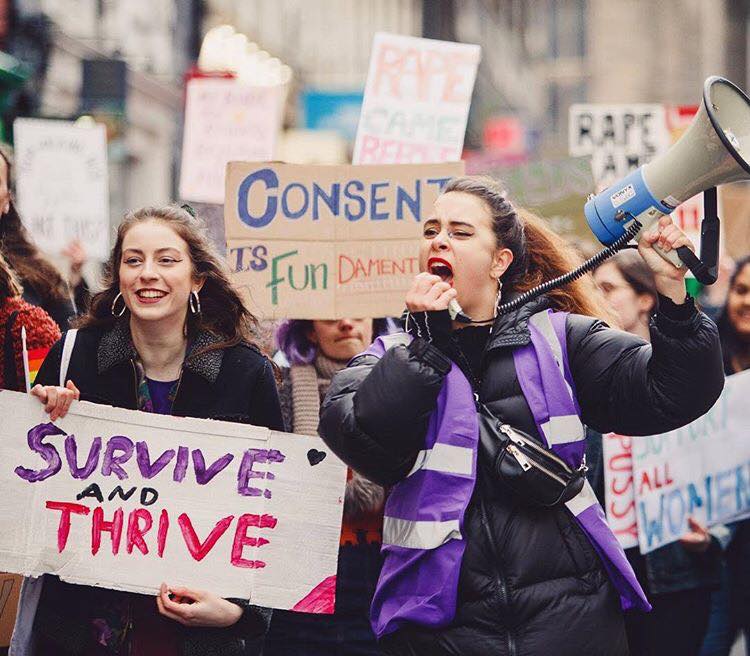
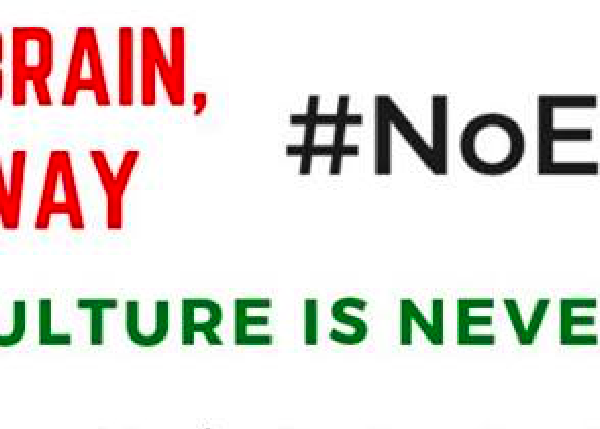
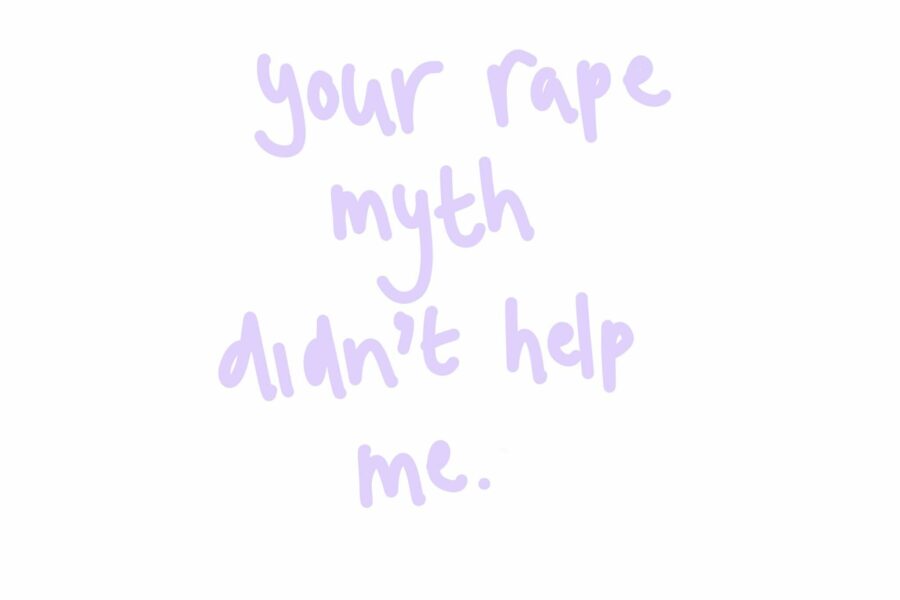
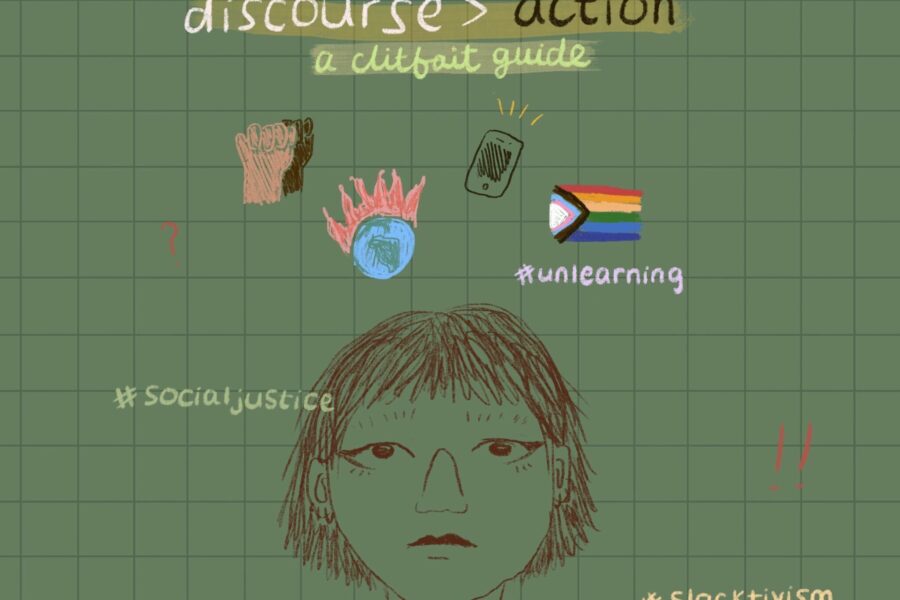
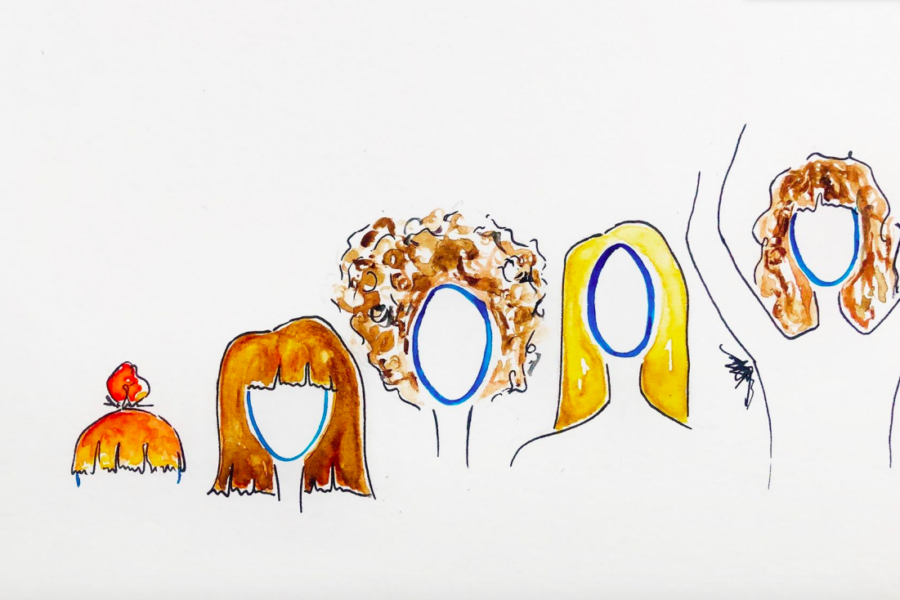
Leave a Comment